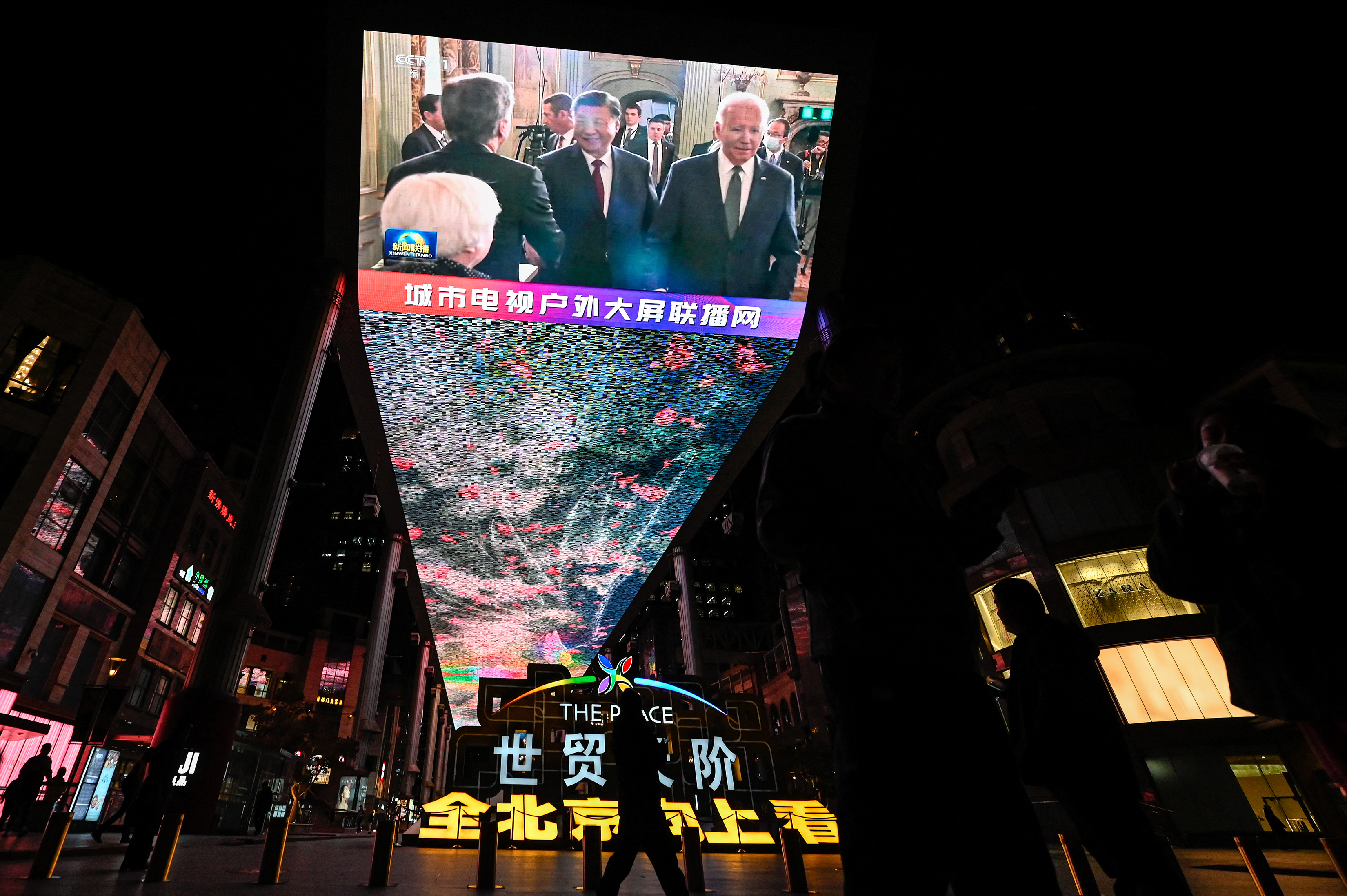

“Our association will continue to coordinate and advance mutual visits and exchanges between those [US and Chinese] regions, promoting regional economic development and delivering tangible development interests to more local areas in both countries,” Yang said in the interview.
This would be part of broader efforts this year by the CPAFFC – which is tasked with boosting friendly overseas exchanges – to expand civil and subnational China-US ties as the two countries mark 45 years of diplomatic relations.
The Chinese foreign ministry also highlighted Beijing’s readiness “to work with the US to … jointly promote people-to-people exchanges” and commitment to a “stable, sound and sustainable” relationship with Washington.
Citing the in-person meeting between Xi and Biden in November, the ministry said the two leaders had “fostered a future-oriented San Francisco vision, which points the way forward for bilateral relations”.